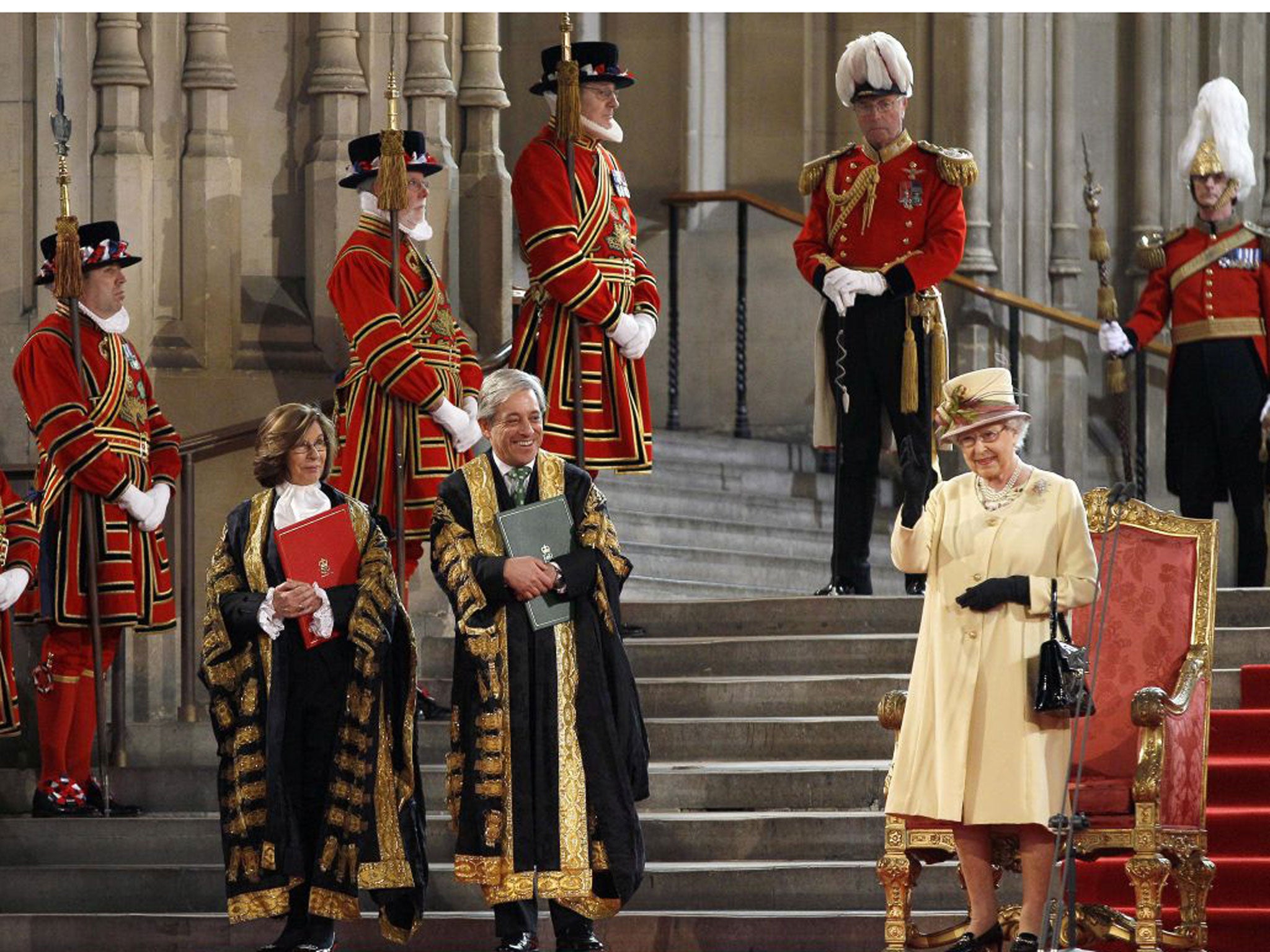E-democracy? Not so easy as Westminster thinks
It will take more than a hashtag to get the young seriously involved in politics

Your support helps us to tell the story
From reproductive rights to climate change to Big Tech, The Independent is on the ground when the story is developing. Whether it's investigating the financials of Elon Musk's pro-Trump PAC or producing our latest documentary, 'The A Word', which shines a light on the American women fighting for reproductive rights, we know how important it is to parse out the facts from the messaging.
At such a critical moment in US history, we need reporters on the ground. Your donation allows us to keep sending journalists to speak to both sides of the story.
The Independent is trusted by Americans across the entire political spectrum. And unlike many other quality news outlets, we choose not to lock Americans out of our reporting and analysis with paywalls. We believe quality journalism should be available to everyone, paid for by those who can afford it.
Your support makes all the difference.When you’re a teenager, a keen political interest will - at best - make you a square. Even at university, where nerdy, earnest and charismatic types alike congregate on the floors of the Students’ Union to flaunt low levels of power, and debate radical issues like whether or not the University canteens should serve animal products on a Monday, deep down everyone knows that roughly 75 per cent of the student body couldn’t give a toss.
Which is why the recent revelations that party membership is down across the board (to the extent that the Tories are too mortified to even publish their membership figures) don’t exactly come as a surprise. What’s more interesting is that Britain’s ageing population means that elderly party political supporters are dying in larger numbers than the rate at which nubile young things can be recruited. The fact is, politicians need young people now, and not as some sort of Lib Dem-style trendy throwaway accessory - but as an actual means of survival.
Regrettably for Westminster, you’d be hard-pressed to recall a time anyone launched a campaign to engage Britain’s teen contingency and didn’t completely cock it up, betray everyone involved, or come out of it looking like a bunch of morons. Bercow’s recent call for a revolution of ‘e-democracy’ has its merits, and more mass communication is definitely needed if the attention of 'Generation Y’ is to be drawn, but the way social media is implemented is absolutely crucial.
The real problem with any concept of e-democracy is that it looks a little bit like just whacking an ‘e’ on a system that is pretty deeply flawed, and has no real understanding of young people, what they do, or what they want. The Internet has a knack for expertly compressing three-dimensional issues into one-dimensional, yes-or-no questions that can be neatly hashtagged and promptly shot down or enthusiastically retweeted, and although this might grab someone’s gaze for 15 minutes, is it really engagement?
A case in point is BBC Three’s monthly show Free Speech. Marketed as sort of young person’s Question Time – because young people don’t care about what those 30+ crusties have to say, right? – the premise is to debate hot topics via Twitter. A question is asked, and you can get ‘involved’ by replying to tweets, hashtagging the words ‘yes’ or ‘no’ followed by the name of the person on the programme who you may or may not agree with. The result is a lot of people sounding off about what they hate, both online and on the telly, with anyone making any genuinely interesting points usually drowned out, or cut off prematurely, in a shameless bid to ‘keep things interesting’.
Of course, there are advantages to public debate like this: young people do become momentarily involved in discussions about issues that affect them. But it’s so black and white that no one actually seems to learn anything new, or accept a different perspective: you either wholeheartedly agree with David Cameron’s stance on Ask.fm, you don’t agree with him at all, or you can shove off.
The point is that social media often plays far too easily into the political preference for naff buzzwords and reductive policy over anything remotely substantial. A 140-character limit or a 15-second soundbite make it far too easy for politicians to cling to the hope that a nifty little phrase will act like some sort of sticky flypaper for anyone half-listening, and hence absolve them from having to do anything that might actually have some impact. It’s a small wonder that Westminster is finally aware that it's becoming irrelevant. But MPs can’t get away with simply pasting their current penchant for flimsy policy into an online format, hope people click on it, and be done with it.
Join our commenting forum
Join thought-provoking conversations, follow other Independent readers and see their replies
Comments